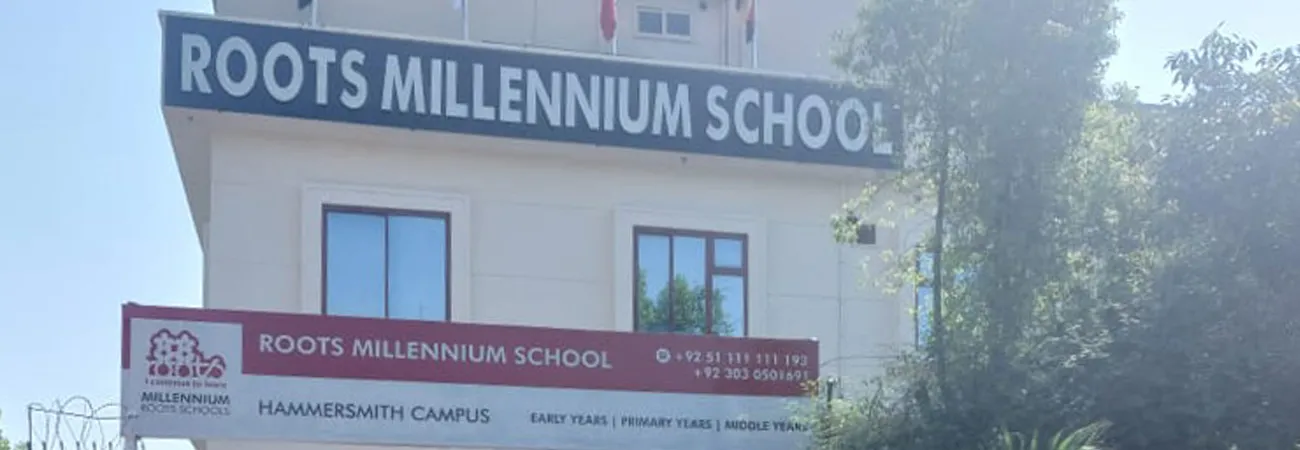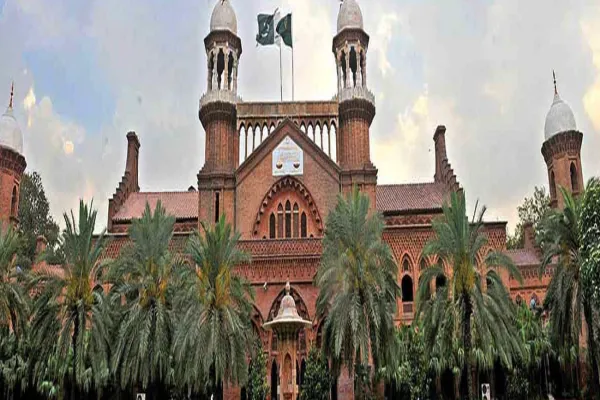i NEWS PAKISTAN
Some of Islamabad’s most prominent private school networks—including Roots Millennium, Beaconhouse School System, The City School, Headstart, and Frobel’s International—are facing growing criticism for allegedly violating Pakistan’s minimum wage laws by underpaying lower-tier staff, despite charging parents hefty monthly tuition fees ranging from PKR 25,000 to over PKR 60,000 per child.
According to multiple accounts from current employees and education sector data, janitors, drivers, security personnel, and cleaning staff at these institutions are being paid well below the federally mandated minimum wage of PKR 38,000 per month. Reported salaries in many campuses fall between PKR 26,000 to PKR 28,000—a discrepancy that points to widespread, systemic non-compliance.
A janitor working at a major private school in Sector G-11, speaking on the condition of anonymity, described the situation: “They expect us to clean classrooms, washrooms, and the entire building before 8:00 AM, but we’re not even treated like proper employees. We are paid in cash. No bank account, no records.” A support staff member at another school in F-8 shared a similar experience: “I’ve been working here for over five years. My salary is PKR 27,000. I don’t have an appointment letter, no EOBI, no health insurance.
If something happens to me, I’m on my own.” Even drivers, entrusted with the safety of students from affluent families, report hardships. One driver working with a premium school in F-6 stated: “We pick and drop children of the elite class in air-conditioned vans, but go home unable to afford basic food for our own kids. This is not just unfair—it is humiliating.”
With over 4,500 private schools operating in the capital, conservative estimates suggest that between 8,000 and 13,000 lower-tier employees may be affected, not including outsourced staff who often lack formal employment contracts altogether. Despite the scale of the problem, the Private Schools Association—a vocal opponent of government regulation and fee caps—has remained notably silent.
While it regularly holds press briefings against summer fee waivers and tuition controls, it has issued no statements condemning labor law violations among its member schools. This silence raises serious questions about the association’s priorities. Critics argue that its activism seems to prioritize commercial interests over basic worker rights and human dignity. Meanwhile, oversight from government bodies such as the Ministry of Federal Education and Professional Training and the Federal Directorate of Education remains minimal.
There have been no public reports of wage audits, enforcement actions, or penalties issued against violators in the education sector. Labor rights advocates warn that if the government fails to uphold wage laws in the federal capital, it sets a dangerous precedent for neglect in rural and under-resourced regions such as Balochistan, southern Punjab, and interior Sindh.
The issue, observers stress, goes beyond mere legality—it speaks to the ethical fabric of institutions meant to educate future generations. “Schools are not just businesses; they are moral institutions. You cannot teach children about justice and fairness while exploiting workers in the same building,” said one labor rights activist.
Credit: Independent News Pakistan (INP)









